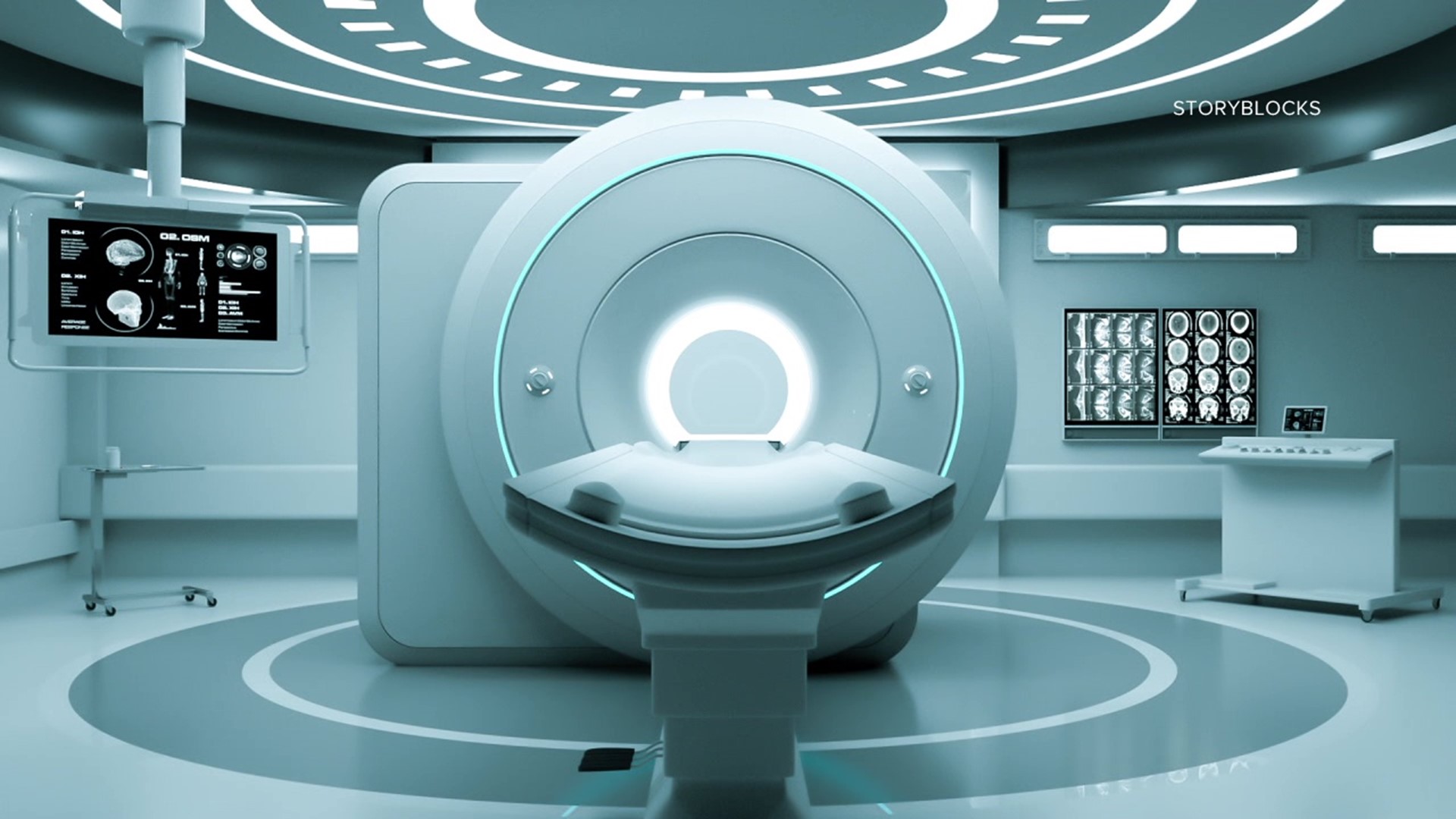SCRANTON, Pa. — When Newswatch 16 was hanging out with the Scranton Santa Parade committee earlier this week, organizers told us there would be no helium balloons this year because of a shortage of the element.
This has been going on for a long time, and it affects something far more serious than the balloon industry.
"The shortage has been going on for a number of years. We've definitely been seeing this, hearing about it," says Paul Mashack, director of imaging services for Geisinger.
Helium is critical for MRI machines. It's the only element cold enough to cool down the superconductive magnets in the machines.
There are currently no decent alternatives.
But Dr. Aalpen Patel, Geisinger's chair of radiology, says scientists have to figure out a way to use MRI machines without it. It's the only long-term solution. That's because there's a finite amount of helium on the planet, and we will run out eventually.
We asked Dr. Patel if MRI machines would have to be shut down or if patients would be turned away.
"We've never had to do that. I don't foresee that in the short term. I don't see that happening, but in certain areas, it's a remote possibility, but not at Geisinger. We've been very lucky."
Suppliers are already rationing the element, giving priority to the medical field. But the balloon industry wouldn't bankrupt the world of its helium supply anyway. It requires way more helium to run an MRI machine than it does to fill a balloon.
"While it's a prudent thing to do to reduce our need for recreational purposes, it's not something that would effectively deplete our supply," Dr. Patel said.
Check out WNEP’s YouTube channel.

